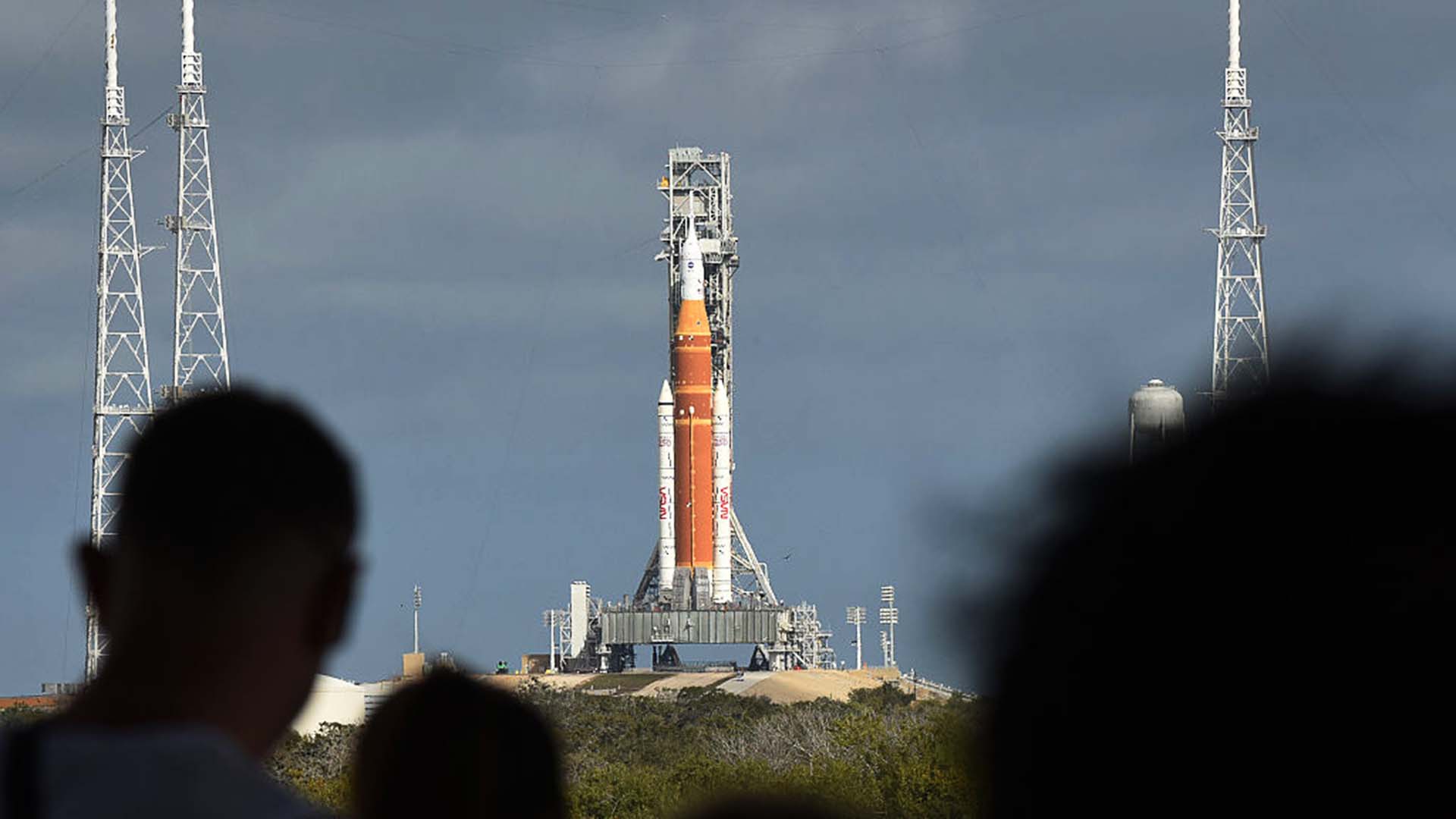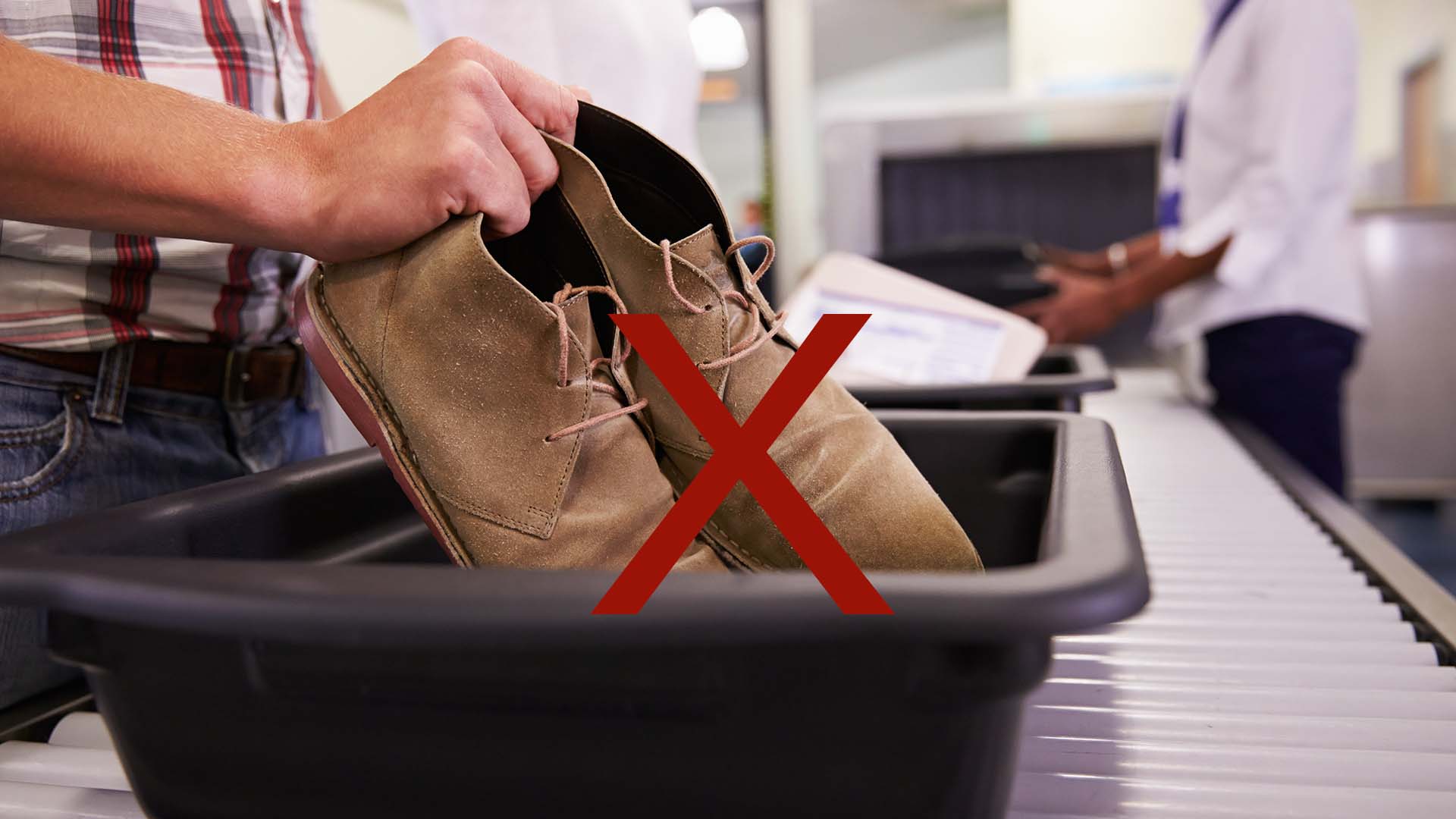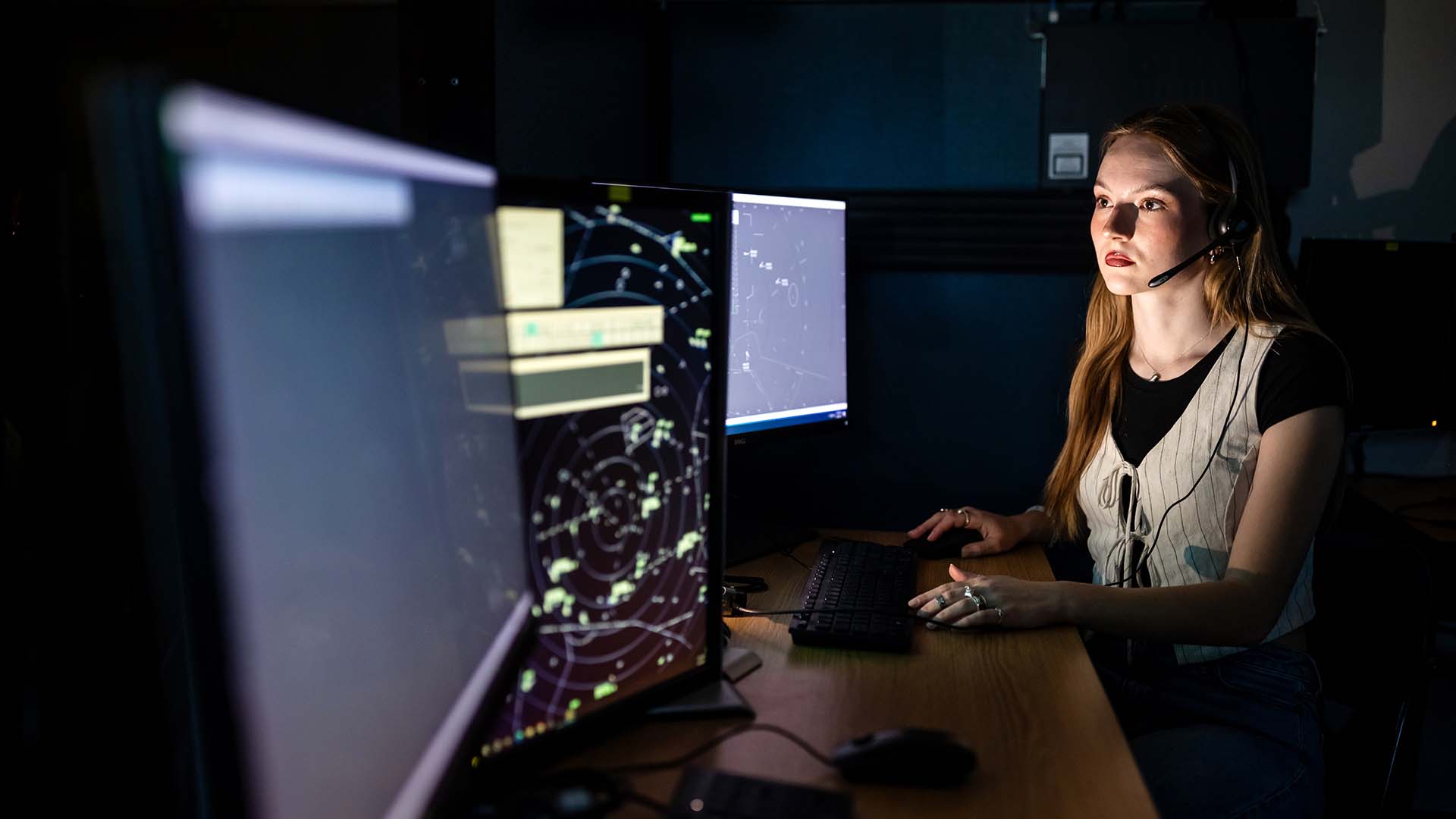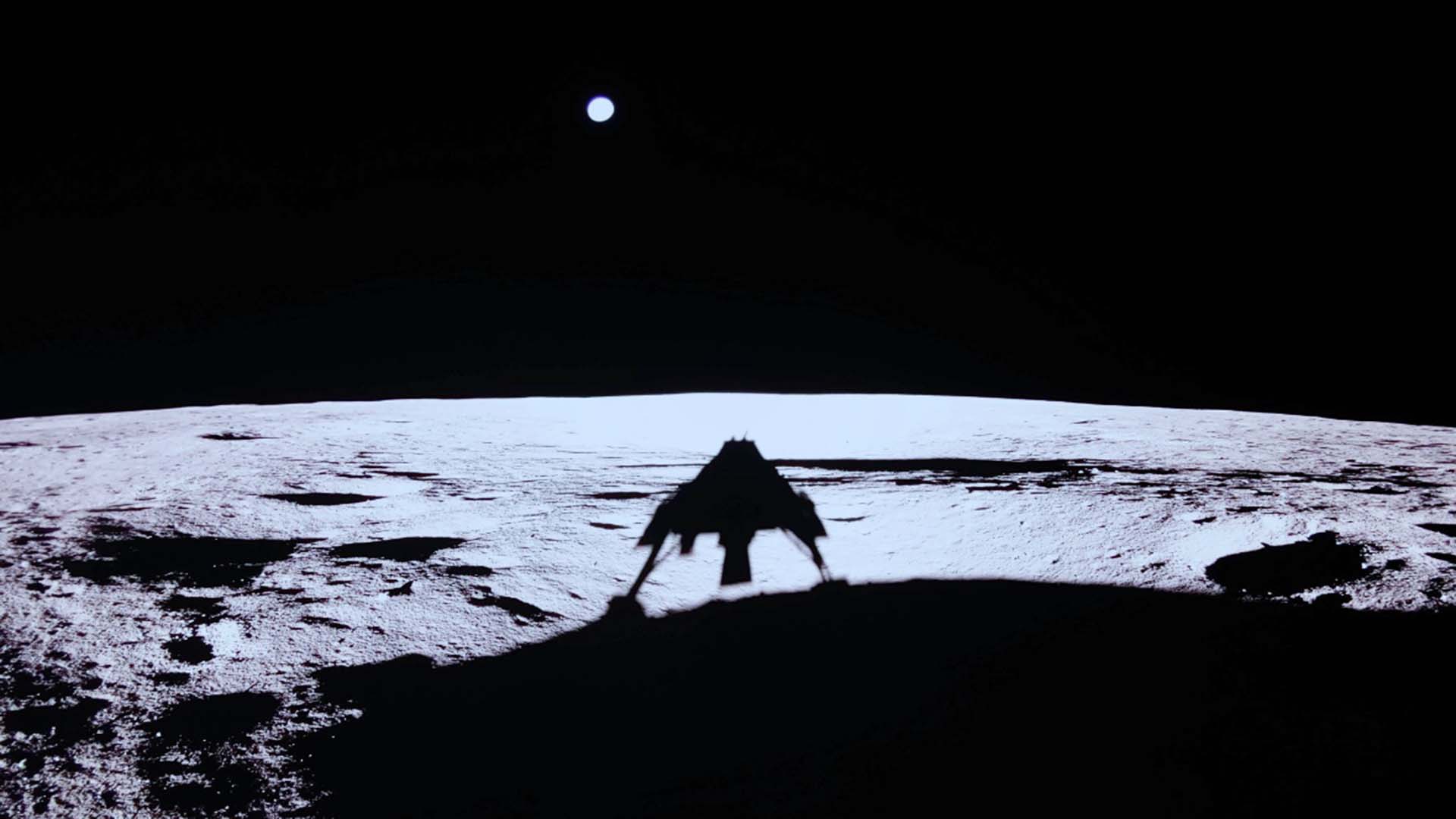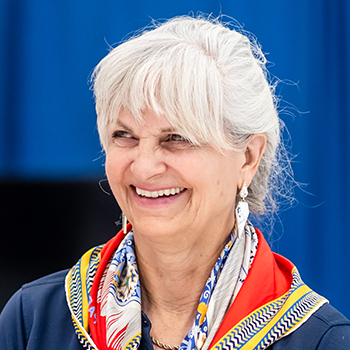New airplane helps MSU Denver’s championship aerobatics team soar to new heights
The top-of-the-line GameBird is drawing eyes at competitions and helping young pilots earn their stripes.
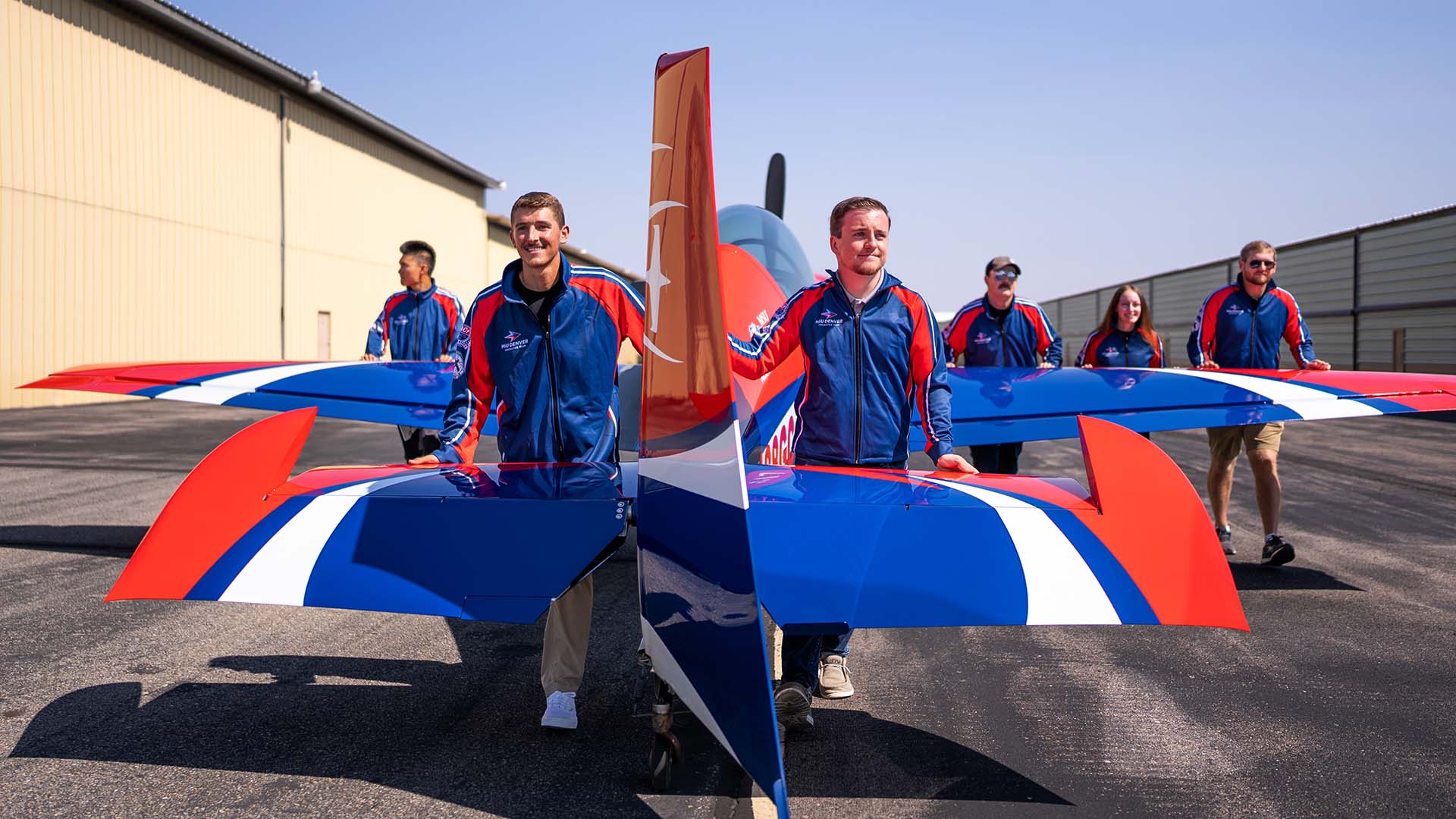
Tien Luu can sound matter-of-fact when describing how he stays oriented in an imaginary 4,000-foot-high “box” while flying precision maneuvers such as loops and barrel rolls during aerobatics competitions.
“There are points in our maneuvers where we can see where the boundaries are,” he said. “Diving into the box, we see the box markers. When we are upside down, we can look up and see where we are. A lot of that is going on at a very fast pace.”
Luu and the other members of the championship aerobatics team at Metropolitan State University of Denver spent this summer showing off their skills in contests around the country.
And thanks to an anonymous donor, they did so in style. The team has been flying a brand-new $620,000 Game Aerospace GameBird aerobatics plane, a highly maneuverable top-of-the-line two-seater with a carbon-fiber airframe that helps the young pilots further hone their flying skills.
“It’s a beautiful airplane,” said Dagmar Kress, MBA, the team’s coach and a lecturer in the University’s Aviation and Aerospace Science Department. “It’s a new design. They don’t break, and they don’t quit. We now have a dedicated airplane that we can use to practice.”

Building on success
The team took possession of the plane May 6 and flew it in competitions over the summer. The plane will be officially unveiled Sept. 12 at Wings Over the Rockies, Centennial (KAPA) Airport.
In addition to benefiting the team, the new plane has raised MSU Denver’s visibility nationally in the close-knit aerobatics community, Kress said. “Everybody’s already talking about it,” she added. “It’s now known worldwide that we’re the only university that has a GameBird.”
RELATED VIDEO: Figure skating in the sky
Kress, who has been competing in aerobatics competitions for decades, likens the sport to figure skating, where participants are judged according to how precisely they perform various maneuvers. Judges on the ground observe pilots as they fly their patterns (called “figures”) in a virtual cube 4,000 feet high, 1 kilometer wide and 1 kilometer deep. The judges assign or deduct points according to how each figure is flown.
The figures are graded according to their degree of difficulty, she said. Aerobatics competitions feature five skill categories, with college students competing in the first two categories only against other students (professional pilots tend to dominate in the more advanced categories).

MSU Denver’s team, founded in 2016, won gold in the student competitions in 2017, 2019, 2021 and 2022. “In 2018, our heads were too big, we got complacent and we lost,” Kress said.
The competition was paused in 2020, the first year of the Covid-19 pandemic, and last year the team was hampered by lengthy repairs to the aircraft it was using for practice.
Benefits for pilots
Practicing for aerobatics competitions helps students develop advanced skills, such as learning how to fly upside down or how to get out of a stall, Kress said. Planes stall when the wings increase their angle of attack beyond a critical point and lose lift. Unless the pilot knows how to recover, the aircraft can then fall into an uncontrollable spin requiring a recovery maneuver.
In training for aerobatics competitions, a pilot may climb vertically, then intentionally fall into a stall and recover from it. “We go straight up until the airplane stops going any further,” Kress said. “We stall and spin the airplane every day. It makes the students super-pilots to fly airplanes later on.”
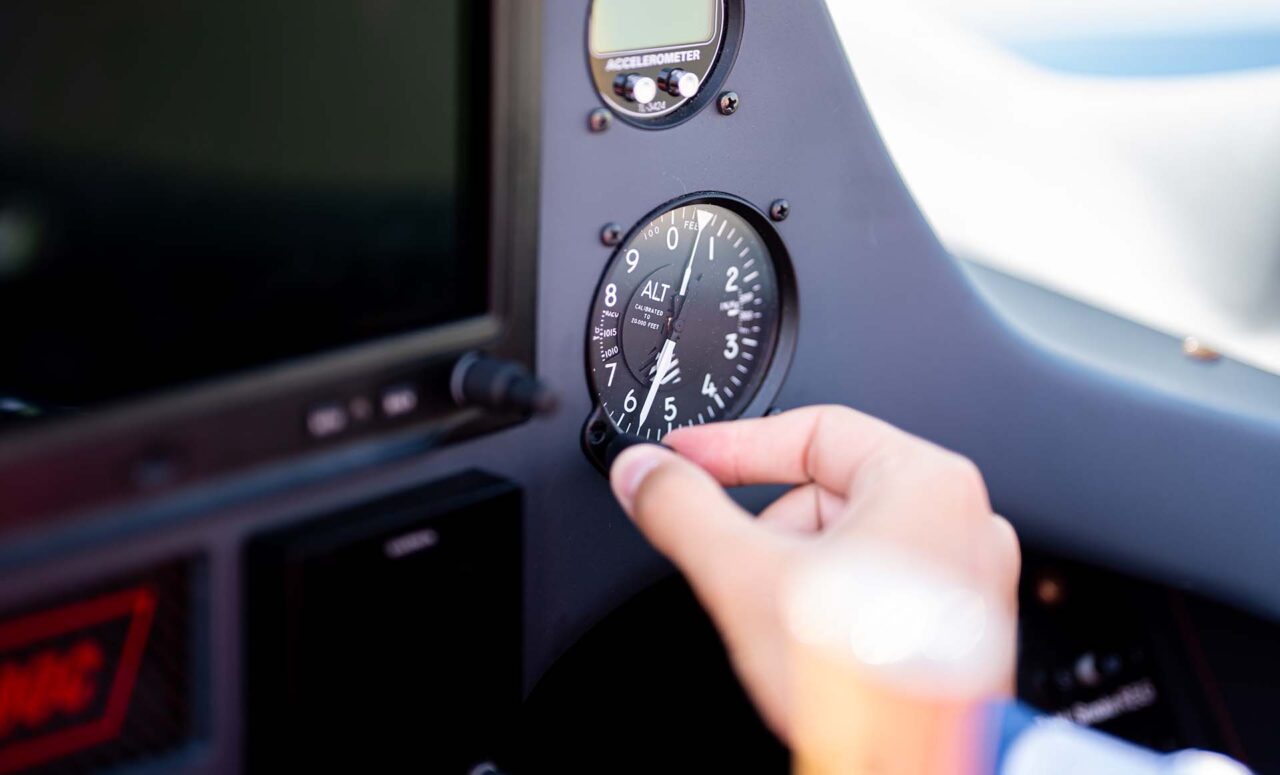
Luu, the team’s captain, said training for aerobatics has helped him develop quick reflexes when he’s flying and that there are other benefits as well.
“It’s not only flying but the people you meet at these competitions,” he said. “The amount of networking at these competitions is astronomical. We’re able to learn what the lifestyle is from these pilots who have had a long experience in the industry.”
RELATED: Controlled airspace
He joined the 14-member team in 2022, served as co-captain in 2023 and became captain this year. Although he graduated from MSU Denver in May with a B.S. in Aviation and Aerospace Science and a Professional Flight Officer concentration, he can remain team captain through the end of the calendar year under International Aerobatic Club rules.
Luu grew interested in aviation during the pandemic and wound up getting a scholarship from the Wings Over the Rockies Air and Space Museum to pay for his private-pilot certification.
As the Colorado native contemplated a college program in aviation and a career as a commercial pilot, he looked at some private programs but ultimately decided on a local landing spot. “It wasn’t my lifestyle,” he said of the college experience at other schools. “MSU Denver was closer to home, I got to spend time with my family, and I know the area where we fly.”

